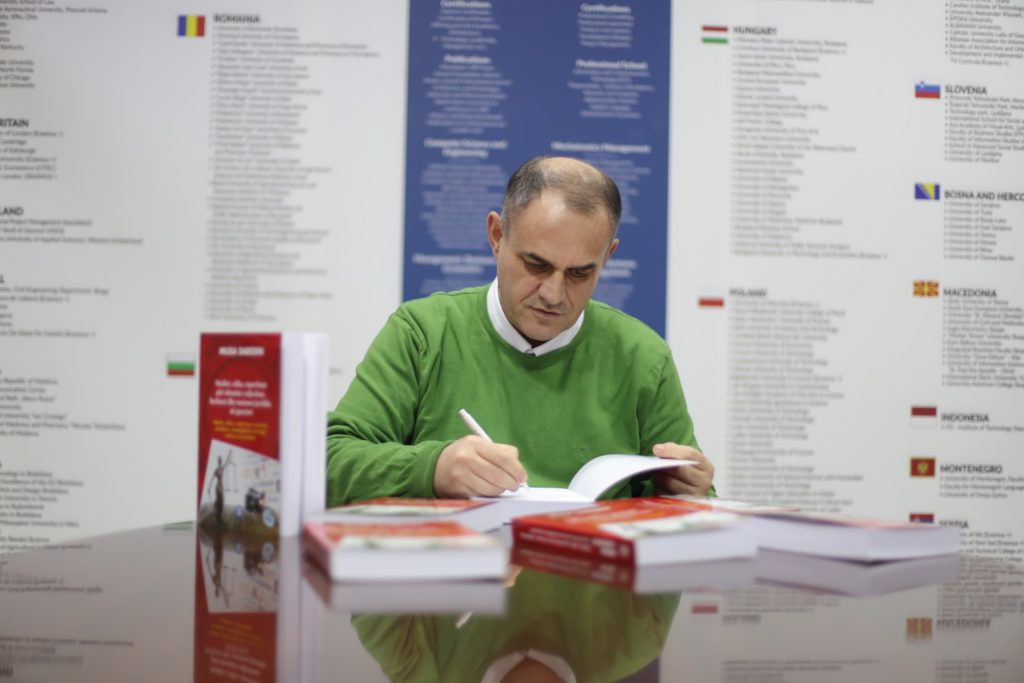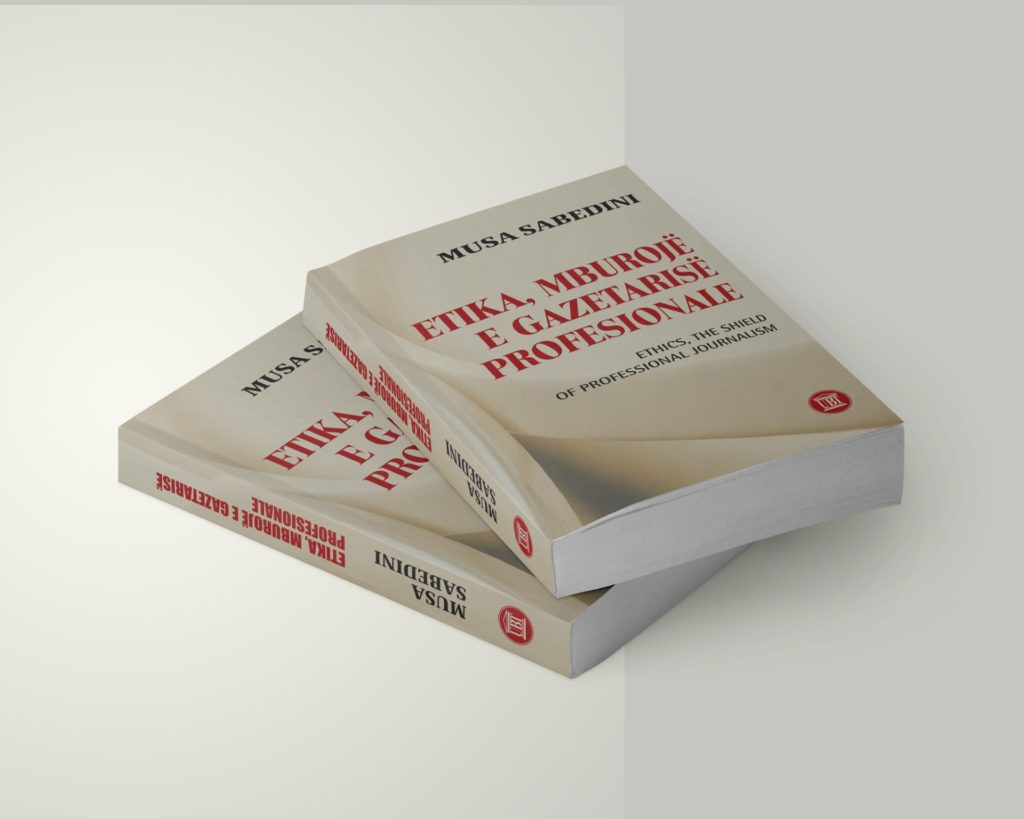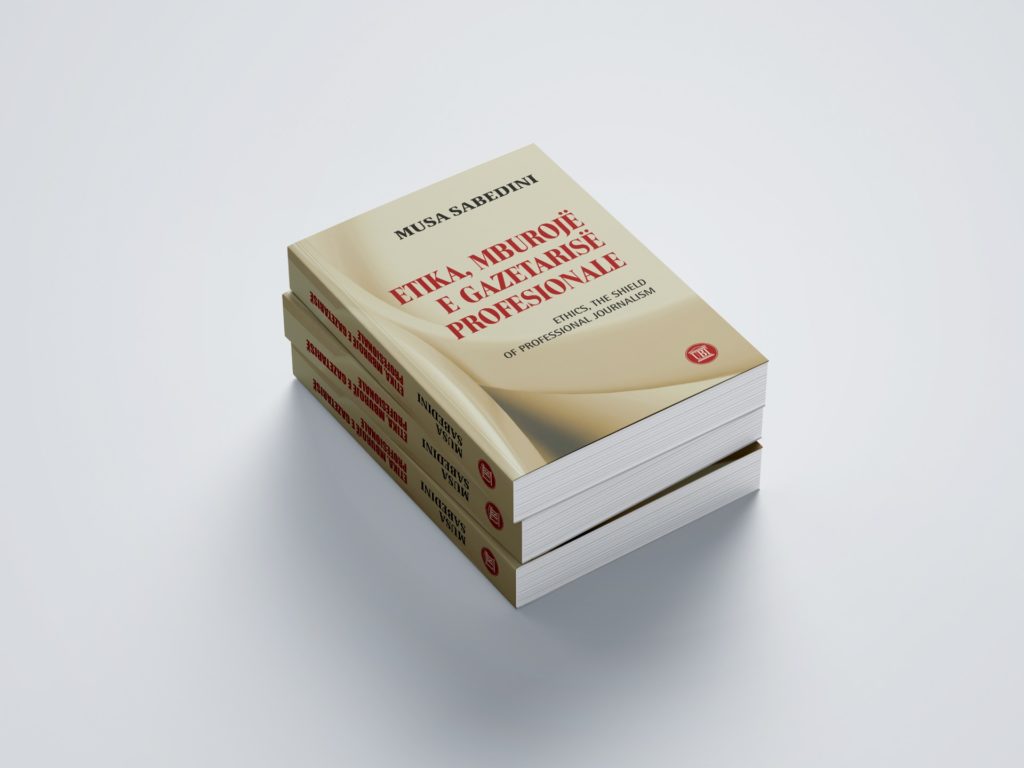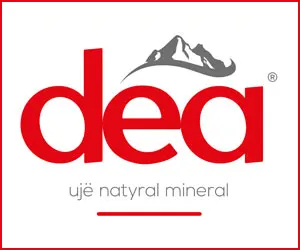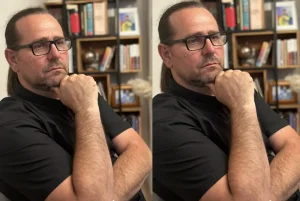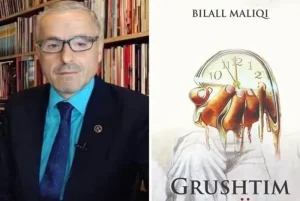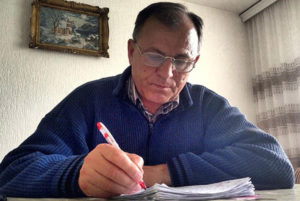The book “Ethics, the Shield of Professional Journalism” by journalist, publicist, and UBT professor, Musa Sabedini, has just been released from the press
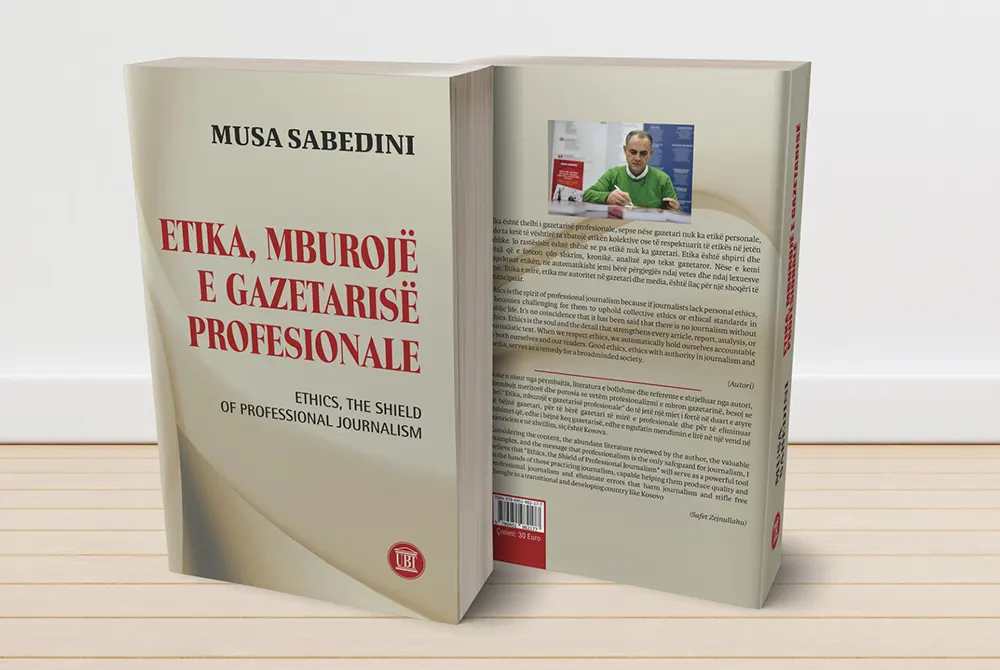
Professor Musa Sabedini of the Faculty of Media and Communication has published his third university book, titled “Ethics, the Shield of Professional Journalism,” which is dedicated to journalism students, media researchers, investigative journalists, and professional editors.
To learn more about the book’s contents, we are pleased to present, in English, the author’s foreword and Dr. Safet Zejnullahu’s review.
Enjoy reading.
Foreword
Dear readers, esteemed colleagues, researchers, and students,
My latest book, “Ethics, the Shield of Professional Journalism,” comes at a time when the media landscape in Kosovo is broadly marked by numerous blunders and shortcomings that undermine journalism ethics.
This book is a result of my tireless work spanning over the years, during which I tried to advance ethics in all its dimensions. With over 33 years of experience in investigative and informative journalism, 13 years as the founder of an influential online news portal, and just as many years as a member of Kosovo’s Press Council, allowed me to gain extensive insight into the daily mistakes made by news portals and the many evident shortcomings in online journalism.
In this book, I have explored the role of ethics in journalism, its impact on the media, its relevance to daily life, and the content we produce and share every moment. Ethics is the spirit of professional journalism because if journalists lack personal ethics, it becomes challenging for them to uphold collective ethics or ethical standards in public life.
It’s no coincidence that it has been said that there is no journalism without ethics. Ethics is the soul and the detail that strengthens every article, report, analysis, or journalistic text. When we respect ethics, we automatically hold ourselves accountable to both ourselves and our readers.
Good ethics, ethics with authority in journalism and media, serves as a remedy for a broadminded society. Of course, the protection and advancement of ethics is not solely the responsibility of journalists and media, because it must also be appreciated by readers and the public who observe and evaluate our daily work.
I have been deeply committed to the concept of ethics in journalism from the beginning of my journalism career. This commitment became even stronger and became part of my soul when I launched my news portal, where I witnessed firsthand the myriad of ethical violations committed by other platforms and how ethics were being systematically mutilated and eroded day by day, often nobody taking remedial measures.
Throughout my professional life, I have consistently made efforts to place ethics at the forefront, without neglecting strong writing and investigative reporting.
In 2009, I was in the U.S. for a training program on investigative journalism and there I noticed that ethics was the first topic taught in every journalism department by lecturers.
I have strived to make this book comprehensive by offering numerous notions, definitions, guidelines, agendas, and diverse perspectives related to ethics in journalism. The book draws on references from hundreds of scholars from the U.S., Canada, Japan, Turkey, Germany, Austria, India, Croatia, Albania, and others, as well as experts from various fields related to ethics.
Having said that, in the book, I examine numerous cases and examples of ethical violations and provide guidelines on how to safeguard ethics. My goal has always been to offer a holistic alternative, showcasing my extensive knowledge and long-standing experience in journalism.
I discuss, with great authority, the many deviations present in online journalism in Kosovo and the region, offering analyses, insights, and useful recommendations for students, researchers, editors, and online media owners.
The book is based on my extensive archive, enriched by four awards in investigative journalism, and culminates in the recent years of my academic career at UBT College, where I am lecturing four journalism courses, where I elevated further my approach to academic and research-based journalism, including participation in 12 international conferences.
The book will have a meaningful impact if the weaknesses and shortcomings I have described here are addressed and implemented in practice by the new generations of professional journalists.
I believe I have created something that was previously missing in Kosovo, because, to the best of my knowledge – aside from translated materials – there is no original work on journalism ethics by Albanian authors. However, this doesn’t mean that there is no way left to pave in the future. It is up to others to write and debate about ethics in television, radio, communication, and beyond.
Otherwise, the book is divided into three chapters, each addressing topics directly related to ethics. The first chapter explores the theory of ethics, the scope of ethics, codes, and principles, along with its definitions, its importance in journalism, the essentials of ethics, its importance, challenges it is facing; I wrote extensively about critical issues such as hate speech, disinformation, privacy, defamation, fake news, and more; about the news ethical values, about ethical principles, about unethical reporting in Kosovo’s media, about legal damages caused by lack of ethics, about violations, about challenges of journalism ethics, and so on.
In the second chapter, I tackle the credibility of journalists, ethics in media, plagiarism, and copy-paste news reports; I provide practical examples of ethical violations by various new portals, including guidelines and perspectives from regulatory bodies like Kosovo’s Press Council and the Independent Media Commission, as two important mechanisms ensuring self-regulation of online and audiovisual media outlets; it also examines ethics in photography, videography, profanity and violence on television, about deaths of personalities worldwide and reports with ethical violations, case studies of and high-profile cases of ethical breaches both in Kosovo and globally; about journalism integrity and fairness, about problems of digital media related to journalism ethics, as well as about advantages and disadvantages of ethical codes.
The third chapter, too, examines interesting materials and sources addressing ethical dilemmas, the harmful impact of Tik-Tok, and the extreme violations of ethics on social and digital platforms, just as it covers ethical considerations in blogging, abuses in reporting accidents, violence, or suicides, domestic violence, about self-regulation, and ethical standards for online media, about the commonly accepted principles of ethics, about conflict of interest, among other topics.
I extend my deepest gratitude to many of my friends and colleagues who supported me with advice, professional insights, and other forms of valuable support.
My sincere appreciation to Rector Edmond Hajrizi for his unwavering support and trust in my work and contribution to the field of journalism.
My best words for Safet Zejnullahu, a tireless professional who provided an insightful review of this book.
I also thank Sali Salihu for his professional advice and Enver Sadiku, my long-time colleague, for his careful editorial assistance.
Finally, Albert Zuka deserves my gratitude for his work on the design and layout of my three books.
Author, Prishtinë, 2025
Review
“Ethics, the Shield of Professional Journalism”, a new book by the seasoned journalist in Albanian-language journalism in Kosovo, Musa Sabedini, adds to the growing bundle of abundant and qualitative studies and research over the last decade on journalism in Albanian in the country.
However, the subject it addresses makes it unique and different at the same time. This is because it tackles a topic that, as elsewhere in the world, helps journalists avoid errors – or minimize them, as human errors are inevitable – and helps media outlets improve and become more professional, because this is their primary obligation, even though they, whether intentionally or not, sometimes forget it.
The book comes as a sublime work of the author’s extensive experience spanning over 30 years in the field of active journalism, being part of regulatory bodies in Kosovo’s journalism landscape, and serving as a journalism lecturer, which altogether allows him to approach the topics under discussion from three distinct and complementary perspectives: practicing professional journalism without abuses, monitoring others’ lapses, and understanding which qualities and principles are most needed by young journalists today.
The book’s dedication “to professional journalists and those who uphold ethics in their writing, who live ethics with their whole being, and who always work in the service of objective, impartial, and balanced journalism” reflects the author’s consistent approach from beginning to end.
By conducting extensive research into international practices, the author presents how the advanced world approaches the regulation or self-regulation of the media, ensuring its protection from external influences while making it accountable to the public and professional standards.
Meanwhile, by providing numerous and concrete examples, the author successfully offers a comprehensive overview of the state of media in Kosovo during the internet era, when journalism – like many other fields of life – faces significant risks from the “momentum over professionalism” approach and the erroneous assumption that “all those who publish something are journalists.”
Technology and social network platforms enable this, but professional journalists and regulatory or self-regulatory bodies must play a crucial role during this transitional and critical period for media in Kosovo by working to minimize “amateur journalism” and by firmly upholding the principles of professional journalism, which can only be created, developed, and defended by professionals.
Considering the content, the abundant literature reviewed by the author, the valuable examples, and the message that professionalism is the only safeguard for journalism, I believe that “Ethics, the Shield of Professional Journalism” will serve as a powerful tool in the hands of those practicing journalism, capable helping them produce quality and professional journalism and eliminate errors that harm journalism and stifle free thought in a transitional and developing country like Kosovo.
Kosovo’s journalism is of high quality, considering the circumstances under which it operates. Research and books like this by my colleague, Musa Sabedini, significantly contribute to making it even better and more professional.
Safet Zejnullahu, 2025
